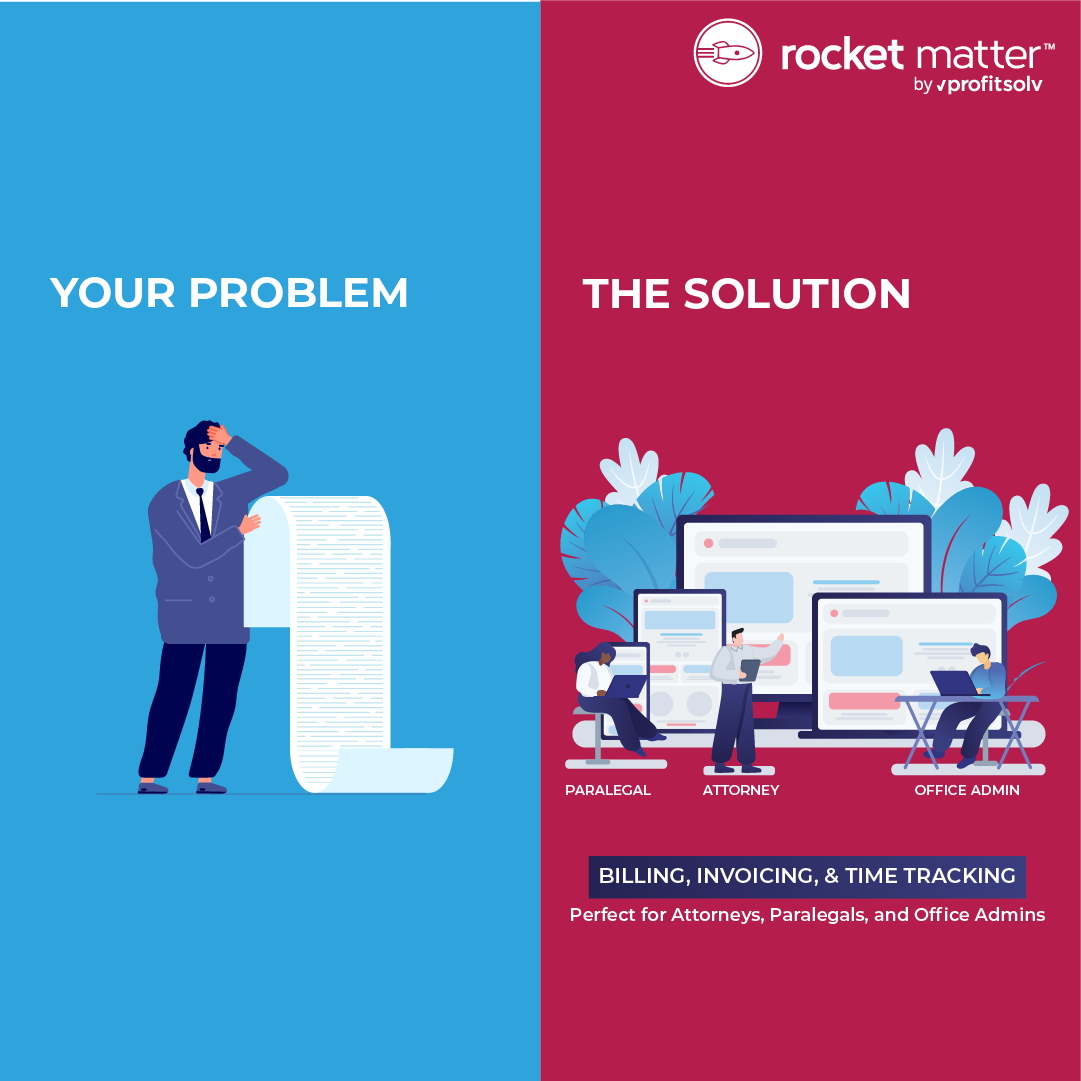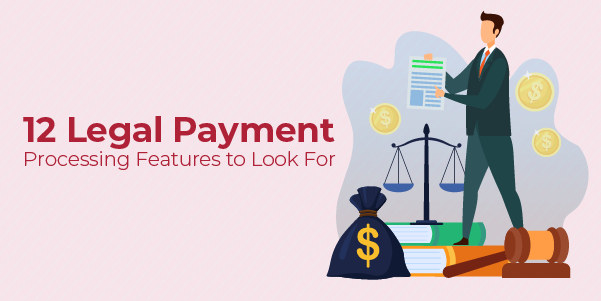7 Ways to Implement File-Sharing and E-Signatures at Your Law Firm

Many digital trends surged during the COVID-19 pandemic, including the use of electronic signatures. E-signatures had a market share of $3 billion in 2021. With the e-signature market expected to skyrocket to $35.03 billion by 2029, your law firm needs to get on board—and sooner rather than later.
Along with e-signatures, secure file-sharing is a must for law firms. Your law firm must find ways to safely share sensitive documents with clients to ensure their personal data remains protected. Traditional methods of paper sharing have worked in the past, but overhead costs add up, and paper sharing isn’t the best fit for contemporary legal workflows. With modern security systems in place like encryption tools, your clients’ files are safer to be shared online if you use the right program.
Still on the fence? Here are seven reasons that just might convince you to implement file-sharing and e-signature technology at your law firm.
1. Protect Client Confidentiality When Sharing Files
Secure file-sharing makes sharing confidential documents with clients safer and easier. Let’s face it: paper files leave a paper trail that can breach your client’s privacy. Paper documents can be intercepted in the mail, left out in the open at the client’s home, or misplaced at the office. No matter how it happens, the result is the same: your client’s information is jeopardized and you run the risk of compliance violations.
When you use secure file-sharing, however, your clients are protected by bank-level data encryption. These highly effective tools provide a robust wall of security around your clients’ information—and your professional reputation.
2. Receive Client Signatures On Crucial Documents
If you regularly send huge batches of documents to your clients, you’re not alone. The legal industry generates a lot of documents. More often than not, you need signatures to go with them. When you print out paper documents for clients to sign out, you have to note somehow all the places that they need to initial or sign.
Even if you use something to highlight where they sign, it’s still easy for a client to accidentally miss one. If your client misses a line, then the process starts all over again.
By implementing file-sharing and e-signature, you cut down on signing errors by 80%. No more going back and forth with a client over days to ensure they have the entire document signed correctly. And if they do miss a spot, it’s easy to send the document back to them, give them a call, and walk them through where they missed it.
3. Create Faster Workflows
Time is the most important resource in a work day. If you can get more done in each day, you can increase your client load and revenue. When you implement file-sharing and e-signature, you can create faster workflows for yourself and your employees.
Outdated forms of collecting signatures like fax and mail can take days to obtain. (Unless you use expedited shipping, which adds to the overall cost.) It takes even longer if you have to wait for an in-person meeting to receive a signature.
Retrieving a paper file can take a few minutes, depending on how many files you have. Digital files can be accessed more quickly.
Many file-sharing and e-signature services integrate with your current legal practice management software. This means that all the files you need are in one place, organized, and easy to find. Everything you need is stored on your computer.
Even better? You can use information from your legal practice management software to create the files that you share with your clients, further increasing productivity AND reducing manual error.
4. Lower Overhead Costs
If you’ve been wanting to kick your filing cabinets to the curb, secure file-sharing and e-signature can allow you to go paperless. Paper files require diligent organization and take up tons of space in an office—space that generates overhead costs every month in the form of rent and utilities.
When you make the switch, you’ll have some initial expenses, like buying a scanner if you don’t have one already, but you’ll save money on office supplies like ink, toner, paper, postage, and more.
Once all the documents are on your computer, use secure file-sharing to send them to clients. Gone are the days when you have to worry about a client leaving a paper file on their counter for days because they forgot to sign it.
5. Enable Remote Work
The legal job market favors employees at the moment, so it behooves your firm to make your workplace as appealing as possible to potential hires. 31% of lawyers expect to have complete work-from-home flexibility, and only 15% prefer to work in the office full time. To keep up with the steep competition from other firms, implement systems that let your lawyers work from home.
Secure file-sharing makes it easy to send sensitive documents back and forth between employees. If one lawyer needs a co-worker to take a look at an estate planning document, they can send it in seconds through secure file-sharing tools.
Bonus: you can take on clients from a wider geographical area because it’s just as easy to share documents or receive a signature from them.
6. Support Large File Transfers
There’s nothing more frustrating than sending an email and finding out the file is too big. Then, you have to figure out how to parse it into separate emails. Even if the file isn’t confidential, you can still implement your secure file-sharing service to send large documents. Save your employees time so they can send everything they need to at one time, instead of having to divide it up into multiple emails.
7. Provide Better Security
Many firms think that because they are small, they won’t be a target for theft. The opposite is true: organizations of all sizes suffer from cybercrime. A staggering 89.7% of U.S. organizations have been compromised within the last 12 months. Every law firm needs to beef up its security to ensure its clients’ data is protected.
Implementing software like Dropbox is not enough on its own. You need to use software that has multiple security levels, like customized security Q+A and expiring access deadlines. To stay compliant, you need to implement this level of security at your firm. If you simply send a client an email in plain code, any hacker can take the information and hold your client’s sensitive data hostage.
Send Secure Files And Receive E-Signatures in Seconds With Rocket Matter
Rocket Matter’s legal practice management software includes robust secure file-sharing and e-signature tools.
With Rocket Matter, you can:
- Easily send and receive files, so you never have to leave the software
- Get client signatures faster, so you have more time in your workday to focus on your clients
- Use customized security Q+A and expiring access deadlines to provide complete security for your clients
- Stay organized because every file shared is tied to the client’s matter
These features are included with Rocket Matter’s stand-out tools, including document automation, online payments, legal trust accounting, and more.
If you need legal practice management software that’s designed to make your firm’s workday a whole lot easier, schedule a demo with Rocket Matter today.
Related Resources

How to Increase Your Profits with Rocket Matter
Lawyers in firms of all sizes struggle to finish the work for the day in a reasonable amount of time. With document creation, non-billable tasks, and time spent following up with current and potential clients, the workday quickly turns from a planned eight-hour day into a twelve-hour one.

How to Master Your Law Firm’s Time and Billing
Lawyers have a heavy workload. With so many clients and their various needs, it’s easy to put tedious administrative tasks like time tracking and billing on the back burner.

6 Billing Strategies to Grow Your Law Firm
Scaling your law firm doesn’t just mean adding more lawyers or increasing your number of clients. The best way to boost your law firm’s finances is to minimize your non-billable hours and make sure that every hour of your day is accounted for.
Share post:










